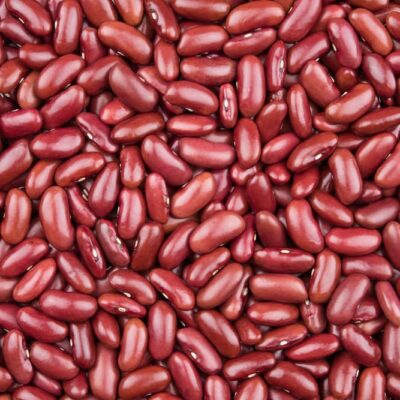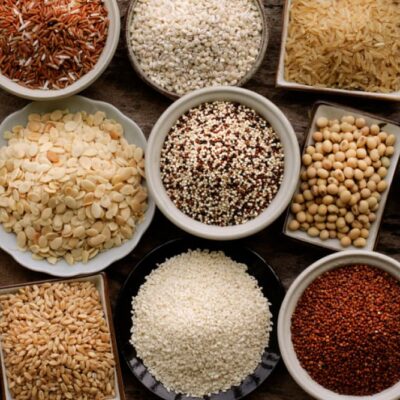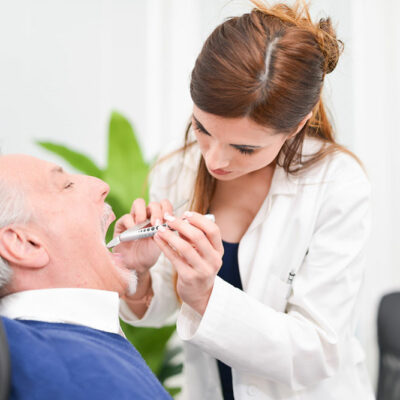
13 common symptoms of depression
Depression (also known as major depressive disorder) is a mood disorder that has a significant impact on the feelings, thoughts, and behavior of those affected. It causes persistent feelings of sadness, which can make one lose interest in daily activities. This may lead to emotional and physical problems in day-to-day life, interfering with work, school, and relationships. To help one recognize the disorder and seek help to manage it, here are warning signs of depression: 1. Loss of interest in daily activities Activities that one used to enjoy previously may not interest one anymore. This could be true of hobbies, pastimes, and social activities. One may also be unable to take care of oneself and face issues eating, bathing, or fulfilling family or work responsibilities. 2. Changes in appetite Some people with depression may experience loss of appetite, while others may feel like eating too often. 3. Sleep-related changes Another common warning sign of depression is changes in the sleeping schedule. Here, one may either experience insomnia (sleeplessness) or oversleeping. 4. Feelings of hopelessness As a result of depression, one may develop a hopeless outlook on certain situations. They may also feel helpless in their ability to change a situation.





